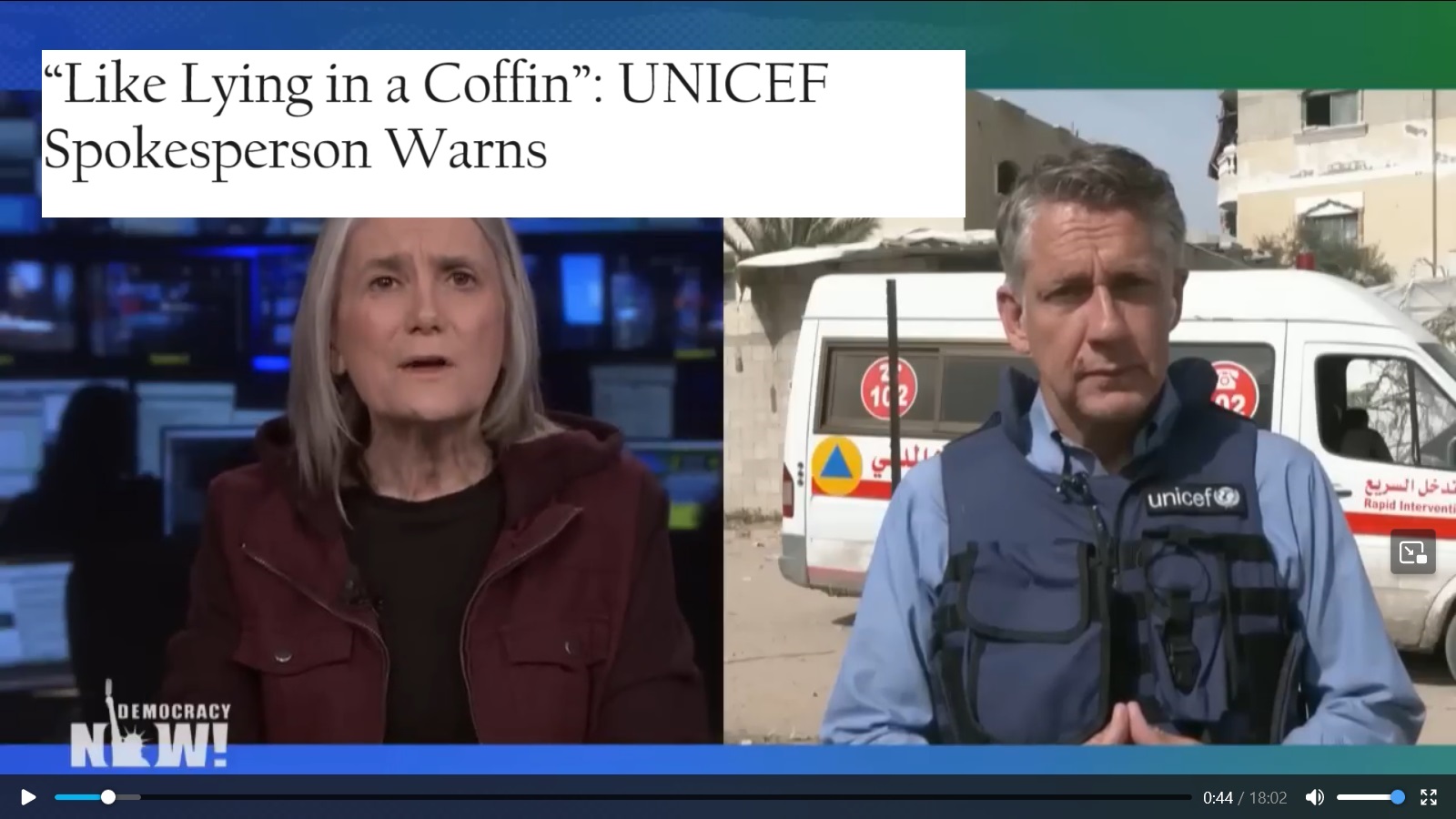Japan ups nuke crisis severity to match Chernobyl!!!
 Tuesday, April 12, 2011 at 12:10AM
Tuesday, April 12, 2011 at 12:10AM 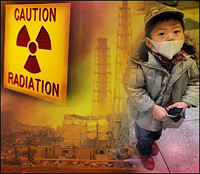 Japan's nuclear regulators raised the severity level of the crisis at a stricken nuclear plant Tuesday to rank it on par with the 1986 Chernobyl disaster.
Japan's nuclear regulators raised the severity level of the crisis at a stricken nuclear plant Tuesday to rank it on par with the 1986 Chernobyl disaster.
An official with the Nuclear Safety Commission of Japan, speaking on national television, said the rating was being raised from 5 to 7 — the highest level on the international scale.
The official, who was not named, said the amount of radiation leaking from the Fukushima Dai-ichi nuclear plant was around 10 percent of the Chernobyl accident.
The level 7 signifies a "major accident" with "wider consequences" than the previous level, according to the standards scale.
"We have upgraded the severity level to 7 as the impact of radiation leaks has been widespread from the air, vegetables, tap water and the ocean," said Minoru Oogoda of Japan's Nuclear and Industrial Safety Agency.
NISA officials said one of the factors behind the decision was that the total amount of radioactive particles released into the atmosphere since the incident had reached levels that apply to a Level 7 incident.
The action lifts the rating to the highest on an international scale designed by an international group of experts in 1989 and is overseen by the International Atomic Energy Agency.
In Chernobyl, in the Ukraine, a reactor exploded on April 26, 1986, spewing a cloud of radiation over much of the Northern Hemisphere. A zone about 19 miles (30 kilometers) around the plant was declared uninhabitable, although some plant workers still live there for short periods and a few hundred other people have returned despite government encouragement to stay away.















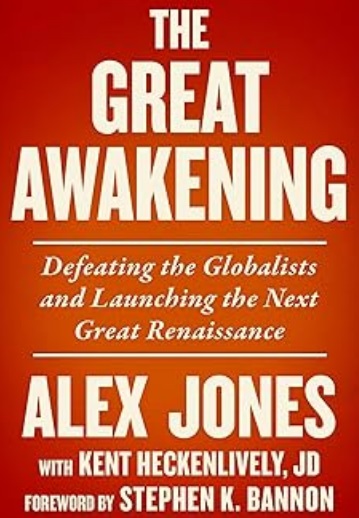




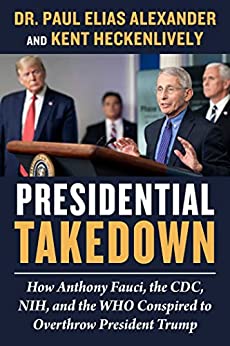

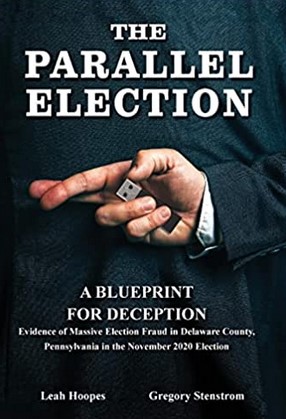








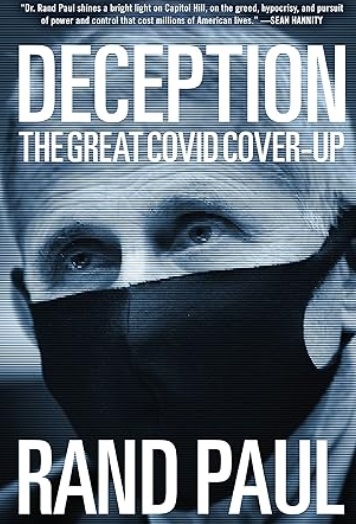
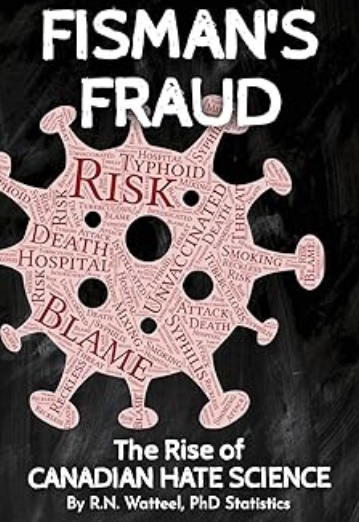
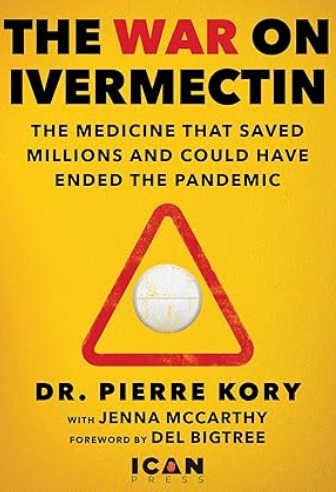







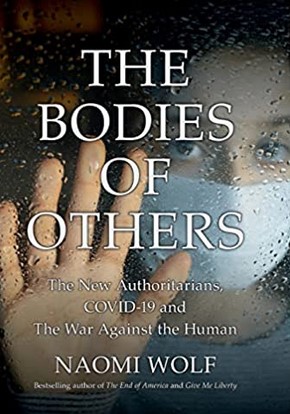
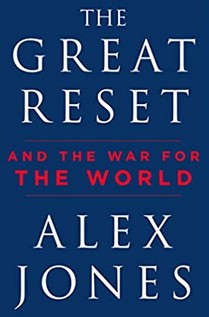
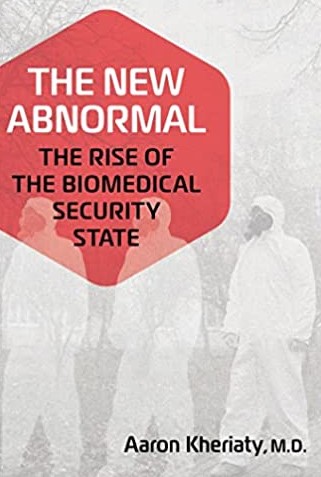









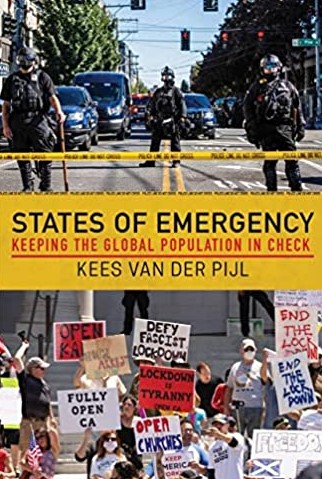

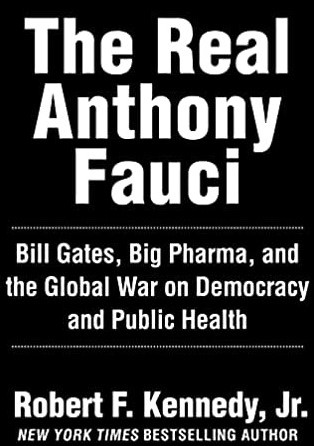

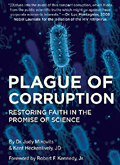
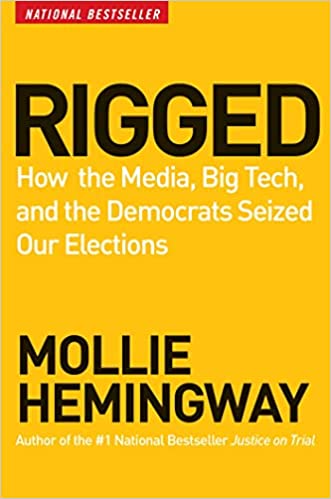








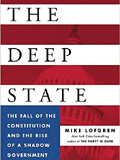
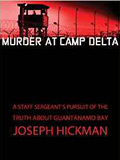
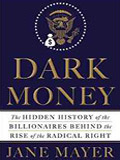

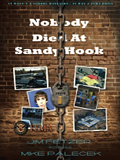
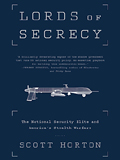



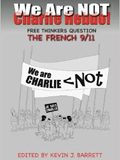



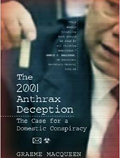


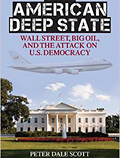

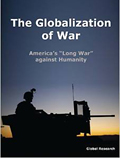
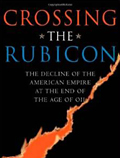
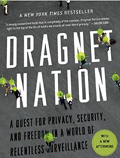
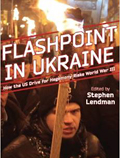



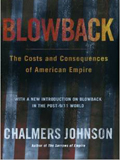



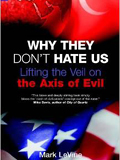
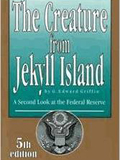





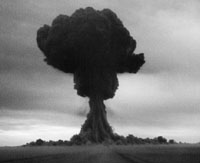 Nori Nakamura's mother, who lived near Hiroshima, had a rule for when her son went out to play.
Nori Nakamura's mother, who lived near Hiroshima, had a rule for when her son went out to play. President Obama last week decided to try Khalid Shaikh Mohammed and four other accused Sept. 11 conspirators before a military commission in the prison at
President Obama last week decided to try Khalid Shaikh Mohammed and four other accused Sept. 11 conspirators before a military commission in the prison at  Radiation from Japan is now detectable in the atmosphere, rain water and food chain in North America. Fukushima reactors are still out of control and hold 10 times more nuclear fuel than there was at Chernobyl, thousands of times more than the bomb dropped on Hiroshima. The official refrain is, “No worries here, perfectly harmless.” Our best scientists of the previous century would be rolling over in their graves.
Radiation from Japan is now detectable in the atmosphere, rain water and food chain in North America. Fukushima reactors are still out of control and hold 10 times more nuclear fuel than there was at Chernobyl, thousands of times more than the bomb dropped on Hiroshima. The official refrain is, “No worries here, perfectly harmless.” Our best scientists of the previous century would be rolling over in their graves.
 WASHINGTON - Ordering federal employees to work during a government shutdown violates the U.S. Constitution, according to a lawsuit filed today by the nation's largest federal employee union.
WASHINGTON - Ordering federal employees to work during a government shutdown violates the U.S. Constitution, according to a lawsuit filed today by the nation's largest federal employee union.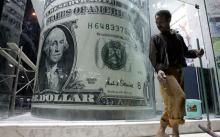 The man who brought us the global financial crisis, Alan Greenspan, has spoken out on how to fix the system. Of all the advice he might give, he has given the most unexpected. In essence, he has said: "Don't even try."
The man who brought us the global financial crisis, Alan Greenspan, has spoken out on how to fix the system. Of all the advice he might give, he has given the most unexpected. In essence, he has said: "Don't even try."